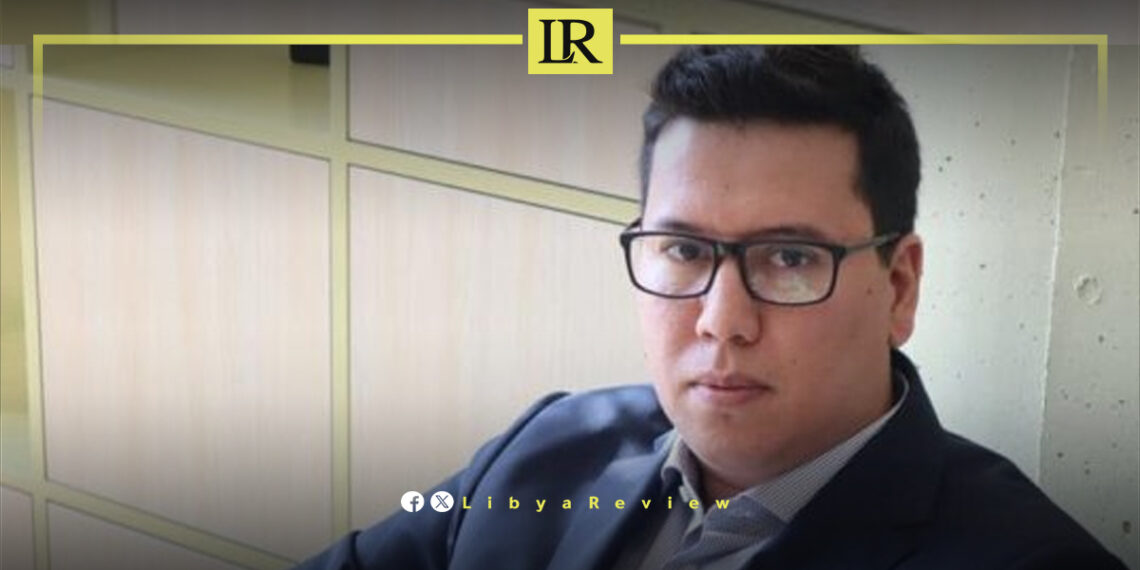On Thursday, the Director of the Investment Office at the Islamic Call Society, Moaz Al-Hashimi Al-Harari, was released after ten days of unjustified detention by armed groups linked to the General Security Apparatus of the Interior Ministry.
In a statement, the National Commission for Human Rights in Libya welcomed the intervention of Attorney General Al-Siddiq Al-Sour and Stephanie Khoury, acting head of the United Nations Support Mission in Libya (UNSMIL), whose efforts were instrumental in securing Al-Harari’s release.
Al-Harari’s detention has raised serious concerns regarding human rights practices in Libya, where arbitrary arrests are not uncommon. His role in driving investment initiatives has made him a significant figure in the country’s economic landscape, and his detention highlighted the ongoing instability and power struggles that characterize Libya post-2011.
This incident follows an October 2023 decision by the GNU to restructure the Islamic Call Society’s Board of Directors, sparking widespread controversy. At the time, Presidential Council member Abdullah Al-Lafi criticized the decision as violating active legislation.
Similarly, the Head of the Energy Committee in the House of Representatives, Issa Al-Araibi, denounced it, stating the move contradicts the laws governing the society’s founding and lacks legal legitimacy.
While Al-Harari’s release marks a positive development, it also underscores the challenges Libya faces in establishing a stable, just society. Stakeholders are encouraged to advocate for reforms that promote human rights and accountability to foster a secure environment for investment and development.
As Libya navigates its political landscape, collaboration among local authorities, civil society, and international bodies is essential. The hope remains that incidents like Al-Harari’s arrest can lead to greater awareness and systemic change regarding human rights in the country.


